Advertisement
Georgia Tech is stepping into a new chapter by bringing artificial intelligence into supply chain management. This initiative reflects a clear need for smarter, more flexible systems that can keep up with today's unpredictable world. Rather than relying on outdated models, Georgia Tech plans to train students, work with industry, and develop research that applies AI to real supply chain challenges. From improving efficiency to anticipating disruptions, the university is aligning education and technology in practical ways. This shift signals a focus on preparing individuals and businesses to make informed decisions in an increasingly interconnected economy.
Over the past decade, global supply chains have faced mounting pressure from all directions. Trade disputes, port closures, natural disasters, and, most notably, the pandemic have revealed how fragile many logistics networks really are. Long lead times and rigid processes left companies unprepared for sudden changes, resulting in shortages, delays, and excess costs.
Traditional supply chain management methods often fail to respond fast enough because they depend on historical data and static forecasting. These systems struggle to adjust when faced with unexpected disruptions or rapid changes in customer behavior. Artificial intelligence has the potential to change that by processing enormous amounts of real-time data and adapting decisions as conditions evolve.
AI can detect patterns in purchasing, shipping, and even external signals, such as weather or political events, to predict what's coming next. Machine learning models can recommend alternative suppliers, redirect shipments, or adjust production schedules before problems escalate. This ability to anticipate rather than react gives companies a clearer path through uncertainty. Georgia Tech's focus on integrating AI into supply chain education and research addresses the growing demand for smarter, more resilient networks that can meet the demands of modern commerce.
Georgia Tech’s approach goes far beyond adding a few new courses. The university is weaving AI into its supply chain programs at every level, from undergraduate classes to advanced research and corporate outreach. Students will explore ways to apply data-driven tools to everyday supply chain decisions, learning how to merge technical skills with operational knowledge.
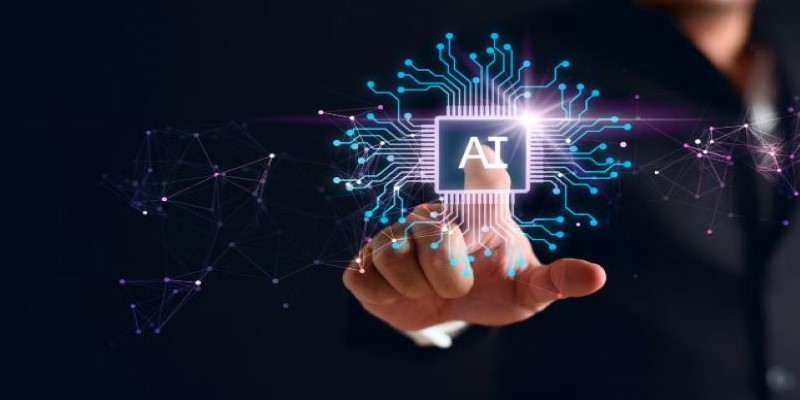
One area of emphasis is predictive analytics, which enables companies to forecast demand more accurately by analyzing diverse data, including consumer sentiment, seasonal trends, and logistics performance. This helps avoid overstocking or running out of products when demand spikes or falls.
Another priority is automating routine decisions. AI can take over repetitive tasks like assigning shipments to carriers or balancing inventory between distribution centers. By letting algorithms handle these decisions, managers can focus on strategy and long-term planning.
Georgia Tech is also expanding its collaborations with companies in the transportation, retail, and manufacturing sectors. Through these partnerships, students and researchers test and refine AI models in real operational settings. This hands-on exposure ensures that the tools developed are practical, effective, and ready to implement. The university's ability to connect academic research with business needs provides students with unique insight into how AI can address pressing supply chain problems.
For artificial intelligence to have a lasting impact, the people running supply chains must understand how to use it effectively. Georgia Tech is preparing its students to bridge the gap between traditional supply chain management and advanced data-driven techniques. This dual expertise is increasingly valuable as companies modernize their operations and seek employees who can lead these changes.
The university is developing new courses that teach students how to collect, organize, and analyze data related to supply chains. Projects and case studies drawn from real-world situations provide students with an opportunity to apply these skills in ways that mirror what they'll encounter in their careers. Graduates leave with the ability to spot opportunities for AI to improve processes and the confidence to implement those ideas.
Georgia Tech also recognizes the need to train the current workforce. Many supply chain professionals already in the field have decades of experience, but they often lack exposure to AI. The university plans to offer short programs, certificates, and workshops tailored to these professionals, allowing them to update their skills without stepping away from their careers. This commitment to lifelong learning ensures that organizations adopting AI won't face a shortage of qualified leaders to guide the transition.
Georgia Tech's commitment to applying artificial intelligence in supply chain management comes at a time when the field is undergoing rapid evolution. Companies are no longer content to focus only on cost reduction or faster delivery. They now face pressure to minimize risk, lower environmental impact, and respond to more unpredictable customer expectations.
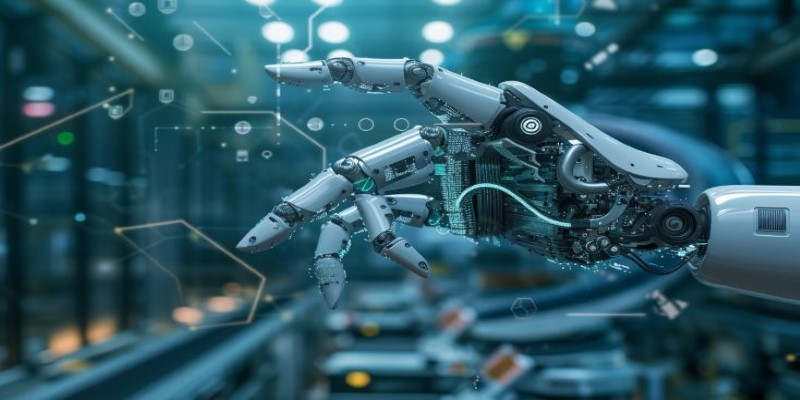
AI provides tools that can help meet these needs, but it also raises new challenges related to fairness, transparency, and workforce transformation. Georgia Tech's research agenda includes exploring ways to make AI-driven decisions more transparent and understandable, enabling companies to effectively explain them to customers and partners. This transparency builds trust while still leveraging advanced technology. Sustainability is another area of focus, as AI can help design routes and production plans that reduce carbon emissions and avoid waste.
By placing AI at the core of its supply chain education and research, Georgia Tech is shaping the way companies and future professionals approach logistics. The ideas and solutions developed through this initiative will influence not only its immediate partners but also the wider industry, as more organizations recognize the benefits. Students graduating from these programs will carry these practices into their workplaces, encouraging smarter and more adaptable supply chains wherever they go.
Georgia Tech's initiative to transform supply chain management with artificial intelligence marks an important step toward smarter, more adaptable global operations. As supply chains become increasingly complex, success depends on the ability to predict, adjust, and continually improve. Through research, education, and partnerships, the university is preparing people and businesses to meet that challenge. This effort combines real-world practicality with forward-looking thinking, creating solutions that reflect both human judgment and machine intelligence. Georgia Tech is setting the stage for a new generation of supply chains — more resilient, efficient, and capable of meeting the demands of a changing world.
Advertisement
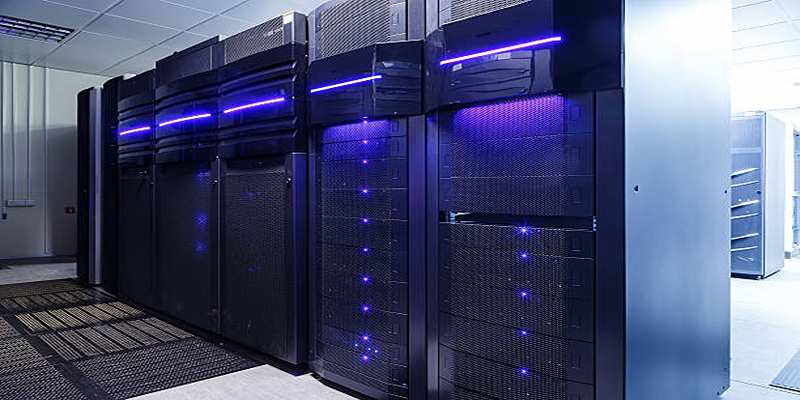
An exploration of Cerebras' advancements in AI hardware, its potential impact on the industry, and how it challenges established competitors like Nvidia.
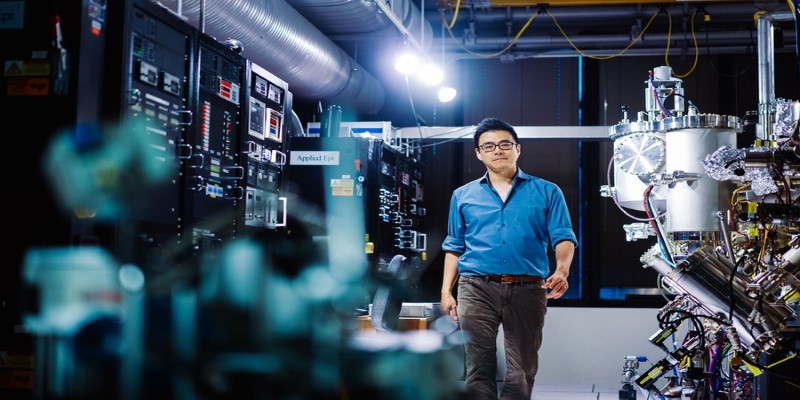
MIT is leading a focused initiative to integrate AI and emerging technologies into manufacturing, prioritizing real-world impact for manufacturers of all sizes
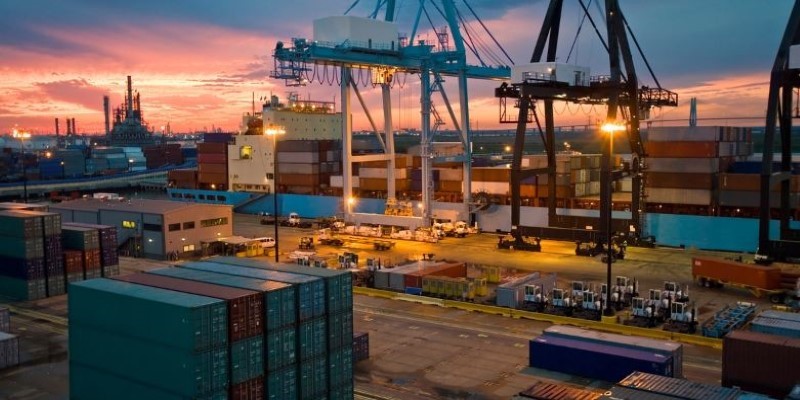
How Georgia Tech is transforming supply chain management with AI through education, research, and partnerships, creating smarter and more resilient global networks

Starting with databases? Learn how SQL CREATE TABLE works, how to manage columns, add constraints, and avoid common mistakes when building tables

Nonprofit applies supply chain modeling to improve eye transplant delivery systems, improve healthcare logistics, reducing delays
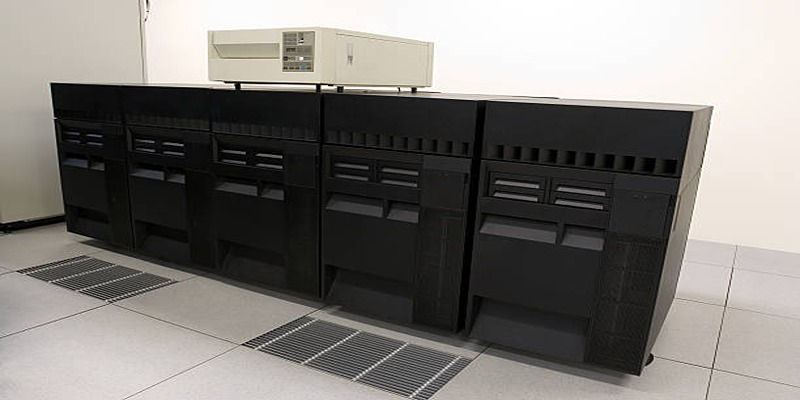
The IBM z15 empowers businesses with cutting-edge capabilities for hybrid cloud integration, data efficiency, and scalable performance, ensuring optimal solutions for modern enterprises.
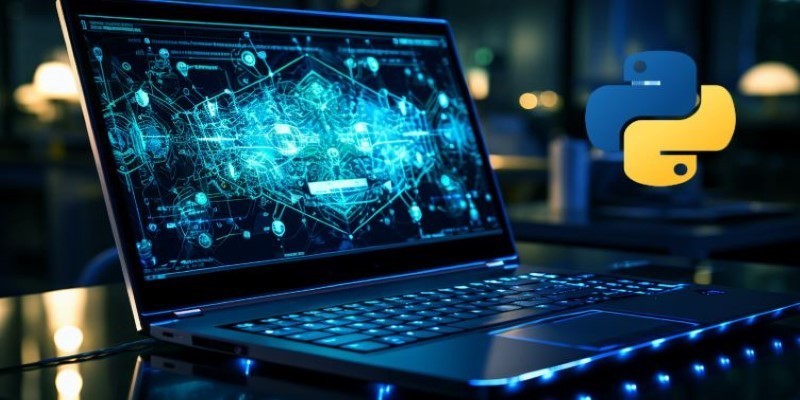
Learn how to make your custom Python objects behave like built-in types with operator overloading. Master the essential methods for +, -, ==, and more in Python

Want to run LLaMA 3 on your own machine? Learn how to set it up locally, from hardware requirements to using frameworks like Hugging Face or llama.cpp

Need to round numbers to two decimals in Python but not sure which method to use? Here's a clear look at 9 different ways, each suited for different needs
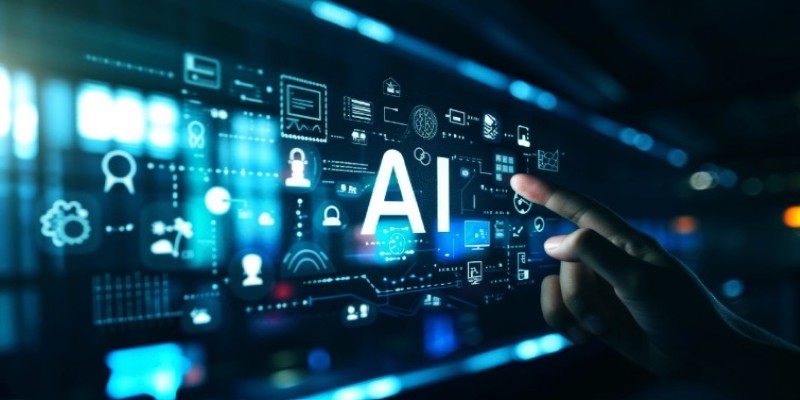
Curious how IBM's Granite Code models help with code generation, translation, and debugging? See how these open AI tools make real coding tasks faster and smarter
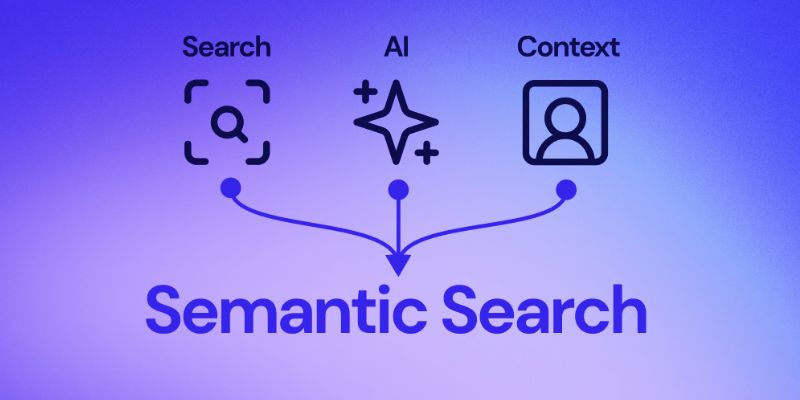
Understand here how embedding models power semantic search by turning text into vectors to match meaning, not just keywords
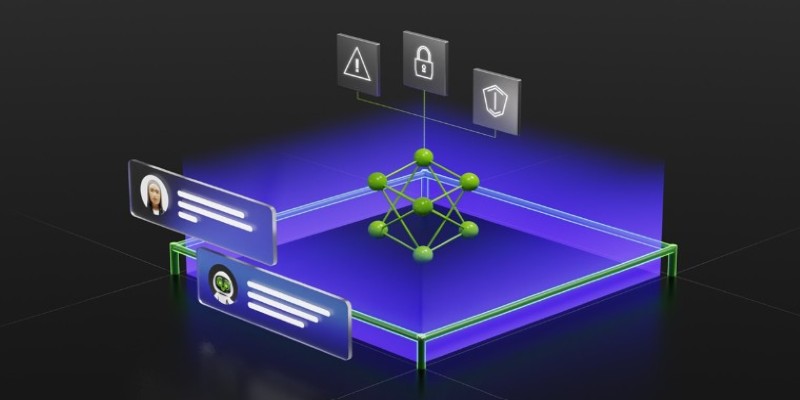
What happens when AI goes off track? Learn how Guardrails AI ensures that artificial intelligence behaves safely, responsibly, and within boundaries in real-world applications